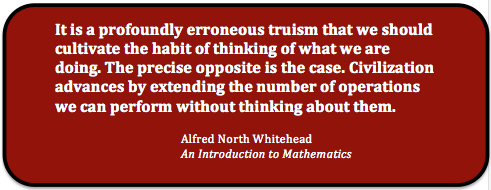What if small talk fails?
Relationships are at the heart of business development. That’s true regardless of the length of your sales cycle, meaning the typical amount of time required for a potential client to move from first encountering you to hiring you. It isn’t necessary to build a deep and personal relationship in all cases, but you do have to have enough of a relationship to allow your potential client or referral source to know and trust you.
Whether your potential client first finds you online or offline, one-on-one conversation is where a true connection may bloom. Most commonly, you’ll find that the process of building a connection takes time. (That’s why follow-up is so critically important.)
You’re probably aware that small talk paves the way for follow-up contacts. Through small talk (conversation that meanders through a variety of topics at a relatively surface level), you learn more about your conversational partner. You discover mutual interests and experiences, and you start to build a common bond. Through follow-up, you develop that bond, and over time a relationship flourishes… And you’re off to other business development issues. (If small talk isn’t your strength, you’ll find plenty of resources online that can help you improve your skills and increase your comfort.)
But what about those situations in which small talk fails? Perhaps small talk isn’t culturally accepted or, despite your best efforts, your small-talk skills aren’t creating an easy flow in conversation. In these instances, you’ll need to find ways in addition to small talk to establish and deepen connections.
The Harvard Business Review article Building Relationships in Cultures That Don’t Do Small Talk offers good tips for recognizing a no-small-talk culture (something that you should already know based on your due diligence) and for adapting. The most important two sentences in the article apply to relationship-building generally, not just across cultures:
One essential piece of advice is to take a longer-term perspective on developing relationships. If you assume that relationships and rapport can indeed be developed in a matter of moments, you’ll inevitably be disappointed.
The article goes on to suggest several tactics to use in the absence of small talk, including working to ensure that “your colleagues see you as someone worthy of having a relationship with, even if it’s not going to happen immediately,” finding impersonal topics for conversation, and knowing when it’s acceptable to build personal relationships.
Use these tips when small talk fails you, but also incorporate them into your relationship-building approach even when you get things going with chitchat. The better you are at adapting your approach to your new contact’s style and the more alternatives you have in mind for building a solid foundation for your relationships, the stronger your network will be.
If you haven’t registered yet for the first session of the webinar series, “The Human Touch of Rainmaking”, it’s not too late!
The webinar is TODAY at 5 pm EDT/2 pm PDT so mark your calendar.
Click here to register.

